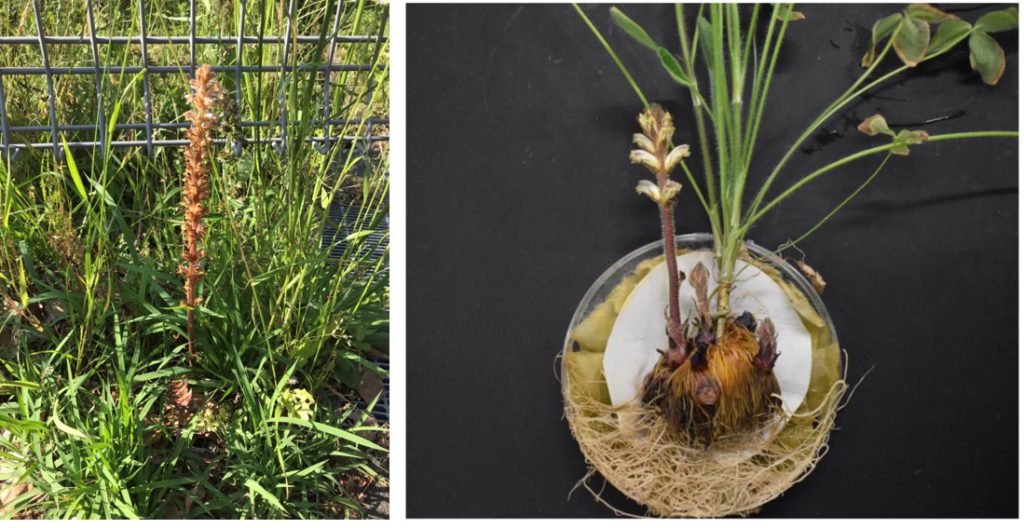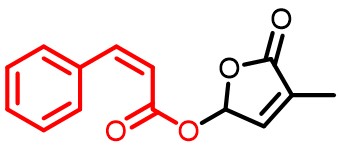Details of the Initiative
Root parasitic weeds are literally weeds that grow by parasitizing the roots of plants. In Africa and other regions, root parasitic weeds have invaded agricultural land and infested important crops, causing extensive damage. Yoshiya Seto, Associate Professor, Taiki Suzuki (Master’s Program) and others at the School of Agriculture in Meiji University succeeded in developing a new synthetic chemicals that induce suicidal germination by forcing root parasitic weeds to germinate. It has been found that the newly synthesized germination inducer not only has an effect on root parasitic weeds but is converted into a molecule that promotes the growth of plants when it decomposes in the soil. It actually has an effect on the growth of the aboveground parts by promoting the growth of plant roots. Since hunger is still a major problem in Africa and other regions, eradicating root parasitic weeds, which threaten food production, is an important issue for solving the problem. The School of Agriculture of Meiji University has been actively conducting research with the aim of contributing to the solution of hunger problems through root parasitic weed control.
Published articles link (open access and available for everyone to read)
https://www.frontiersin.org/articles/10.3389/fpls.2022.843362/full


